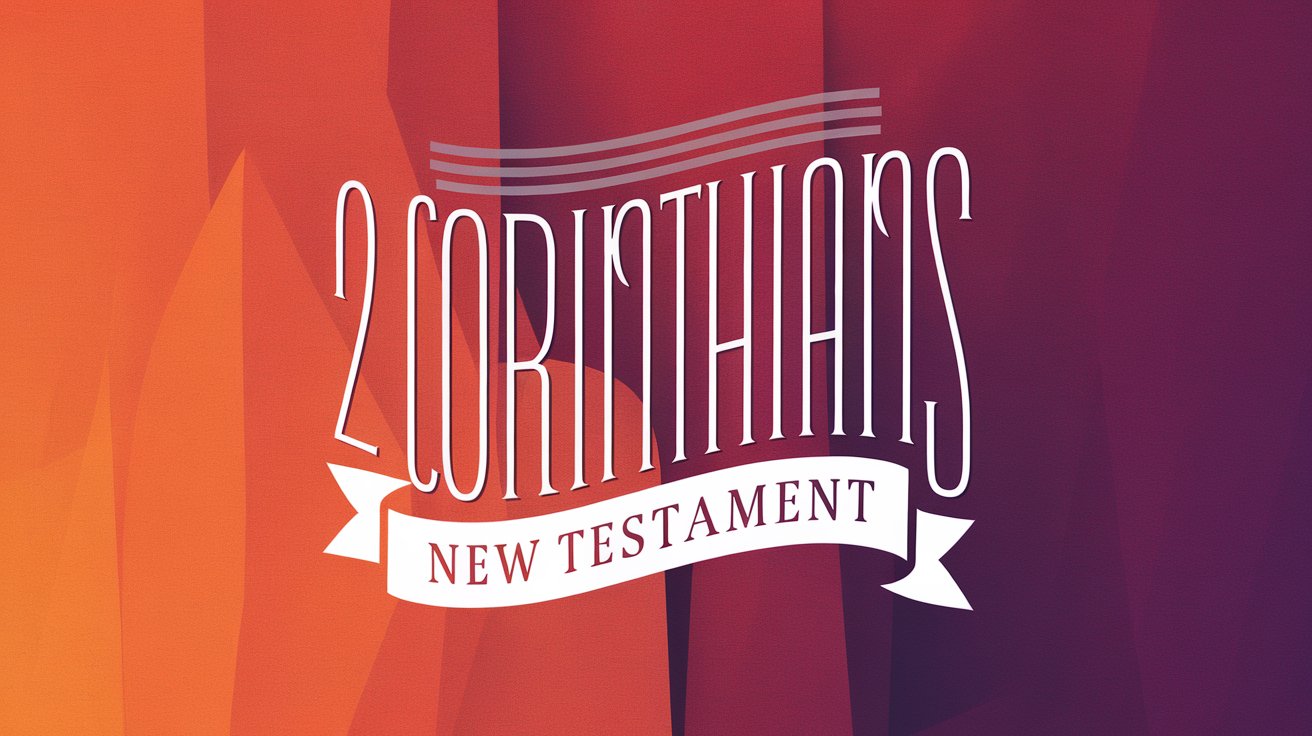When Generosity Gets Real: Paul’s Masterclass in Joyful Giving
What’s 2 Corinthians 8 about?
Paul turns the spotlight on the Macedonian churches who gave sacrificially despite their own poverty, using their example to encourage the Corinthians to complete their own promised collection for struggling believers in Jerusalem. It’s not guilt-tripping—it’s grace-fueled generosity in action.
The Full Context
Picture this: Paul is writing around 55-56 AD, and there’s a massive famine crushing Jerusalem. Jewish Christians are especially vulnerable because they’ve been ostracized from their communities for following Jesus. Meanwhile, Paul has been orchestrating this incredible relief effort across his Gentile churches—a tangible way to show unity between Jewish and Gentile believers. The Corinthians had enthusiastically pledged to participate a year earlier, but their follow-through has been… well, let’s just say they got distracted.
But here’s where Paul shows his pastoral genius. Instead of scolding them for their delay, he holds up the Macedonian churches as a living example of what grace-driven generosity looks like. These weren’t wealthy communities—quite the opposite. Yet something beautiful happened when the gospel took root in their hearts. Paul isn’t just asking for money; he’s revealing how generosity flows naturally from understanding what Christ has done for us.
What the Ancient Words Tell Us
The Greek word Paul uses for the Macedonians’ giving is charis—the same word for grace. That’s no coincidence. For Paul, generous giving isn’t a grudging obligation but a grace-gift that flows from experiencing God’s grace. When he says they gave “according to their ability and beyond their ability” (2 Corinthians 8:3), the Greek literally means they gave “beyond their power”—para dynamin.
Grammar Geeks
The phrase “they gave themselves first to the Lord” uses the aorist tense in Greek, indicating a decisive, completed action. This wasn’t ongoing self-improvement—it was a definitive surrender that then naturally overflowed into radical generosity.
What’s fascinating is Paul’s description of their poverty. The word ptocheia doesn’t just mean being broke—it describes the kind of grinding, destitute poverty where you’re reduced to begging. Yet from this ptocheia came an “abundance of joy” (perisseia charas). That’s the gospel turning the world upside down right there.
What Would the Original Audience Have Heard?
When Corinthian believers heard this letter read aloud in their gathering, they would have felt the weight of comparison—but not the kind that crushes. These were people who prided themselves on their sophistication, their rhetoric, their social status. Corinth was a wealthy port city where image mattered.
The Macedonian example would have been both convicting and inspiring. Here were believers in Philippi, Thessalonica, and Berea—cities that had faced persecution and economic hardship—outdoing the prosperous Corinthians in generosity. But Paul’s not shaming them. Notice how he frames it: “I am not speaking this as a command” (2 Corinthians 8:8).
Did You Know?
Archaeological evidence from Corinth shows elaborate homes with stunning mosaics and frescoes, indicating significant wealth among some church members. Paul’s gentle approach acknowledges their resources while appealing to their hearts rather than their wallets.
The mention of Christ becoming poor so they might become rich (2 Corinthians 8:9) would have landed like a thunderbolt. In a culture obsessed with status and wealth, Paul redefines what true riches look like.
Wrestling with the Text
Here’s where things get beautifully complicated. Paul talks about equality (isotēs) in 2 Corinthians 8:14, but he’s not promoting some kind of ancient socialism. The context makes it clear—he’s talking about mutual support within the body of Christ. When some have abundance and others have need, the natural flow should be toward balance.
But why does Paul spend so much time on the mechanics of the collection? He’s sending Titus and two other brothers to ensure everything is handled with complete transparency (2 Corinthians 8:16-24). This isn’t bureaucratic overkill—it’s wisdom. Paul knows that when money is involved, even the appearance of impropriety can destroy trust and damage the gospel’s reputation.
Wait, That’s Strange…
Paul never actually names the “brother who is famous among all the churches for his preaching of the gospel” (2 Corinthians 8:18). Was this Luke? Barnabas? The anonymity might be intentional—focusing on character rather than celebrity.
How This Changes Everything
What strikes me most about this chapter is how Paul connects generosity to the very heart of the gospel. This isn’t fundraising; it’s theology in action. When he says “you know the grace of our Lord Jesus Christ” (2 Corinthians 8:9), he’s establishing the foundation for all Christian giving.
The logic is stunning: Christ, who was infinitely rich in his divine glory, became utterly poor—not just materially, but taking on the poverty of our sin and separation. And he did this so that we, who were spiritually bankrupt, might become rich in righteousness, adoption, and eternal life. Once you grasp that reality, how can giving be anything but joyful?
“True generosity is not about the size of the gift but the size of the heart from which it flows.”
Paul also models something crucial for church leadership. Notice how he motivates through inspiration rather than manipulation. He doesn’t use guilt or pressure tactics. Instead, he paints a picture of what grace looks like when it transforms communities and then trusts the Holy Spirit to work in their hearts.
Key Takeaway
Generous giving isn’t about having more money—it’s about having a clearer view of what Christ has already given you. When you truly understand the riches you possess in him, sharing becomes as natural as breathing.
Further Reading
Internal Links:
External Scholarly Resources:
- Paul, Apostle of Christ’s Glory in 2 Corinthians by Thomas R. Schreiner
- The Letters to the Corinthians by F.F. Bruce
- 2 Corinthians by Murray J. Harris
Tags
2 Corinthians 8:3, 2 Corinthians 8:9, 2 Corinthians 8:14, generosity, stewardship, grace, Christian community, sacrificial giving, poverty, wealth, church unity, Macedonia, Jerusalem collection, Titus


